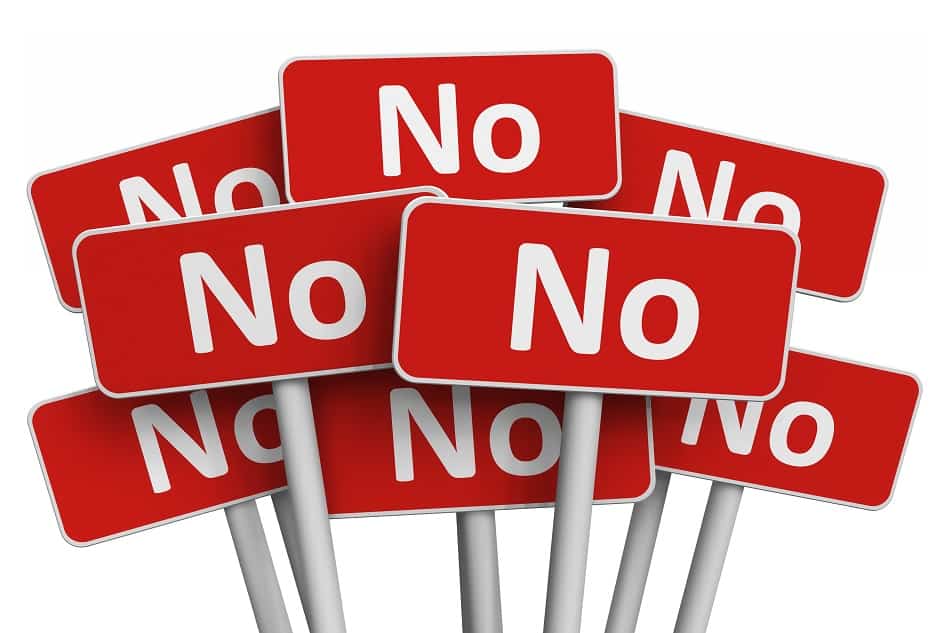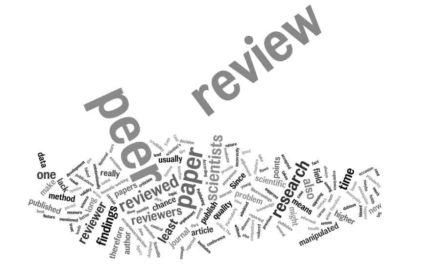How To Identify a Doctor No Peer Review of a Journal Paper
Have you ever submitted an article to a reputable scientific journal only to have the paper rejected or sent back for major or even impossible revisions after peer review for reasons that do not make sense to you? Perhaps your article was rejected without any valid explanation. Perhaps there were detailed criticisms that seemed excessive or inappropriate. Perhaps the good comments of reviewers seemed to outweigh the bad, yet the paper was unnecessarily delayed or simply not accepted. It may be that you were a victim of a ‘Doctor No’ reviewer who instead of using the review process to improve articles and advance science, uses it to prevent the publication of good papers containing valuable research simply to satisfy personal ambitions and resentments. Information on classic Doctor No reviewing techniques can be found at the Knoepfler blog: Dr. No and the Editors that are ruining Peer Review
Particularly troubling is the thought that some journal editors may feel unable to contradict the opinions of high-profile scientists even when their reviews are unfair and silence valid and useful research. Forewarned is forearmed, however, and if you know that your chances of getting a Doctor No reviewer is doubled when you submit to the high-impact journals that publish the articles of those well-known scientists, you can be prepared – prepared for what might be bad news, of course, but prepared also to submit a paper that is so well researched and carefully written that Doctor No will at least find it difficult to criticise. This does not correct the larger problem or compensate for prolonged suffering among those in need of the benefits provided by scientific progress, but it does focus the attention of the researcher on his or her own work, which is always where your focus should land first when receiving negative comments from peer reviewers. This is to say that it is wise not to begin by assuming that a Doctor No has applied the scalpel to your writing, and only after serious consideration that aspires to the objectivity some reviewers obviously lack should you ignore or reject the feedback reviewers have offered on your work.
The Knoepfler blog suggests that open rather than blind reviews may be a potential solution to the Doctor No problem, but also mentions the possibility of retaliation on the part of angry authors against peer reviewers in an open review scenario. Comments on experiments with open peer reviewing can be found at Do we need an alternative to peer-reviewed journals?. There, another disturbing possibility is noted: an unscrupulous Doctor No reviewer may even use the opportunity of reviewing your paper to glean the knowledge needed to publish something similar after ensuring that your work has been rejected or its publication significantly delayed. Would this be less likely to happen if you knew the identity of the reviewer? Quite possibly, but it seems that there is no easy solution to the reviewing problem, and certainly there is far more than publication and career success at stake here.
You might be interested in Services offered by Proof-Reading-Service.com
Journal Editing
Journal article editing services
PhD Thesis Editing
PhD thesis editing services
Expert Editing
Expert editing for all papers
Medical Editing
Medical Editing Services
Research Editing
Research paper editing services
Book Editing
Professional book editing services

















